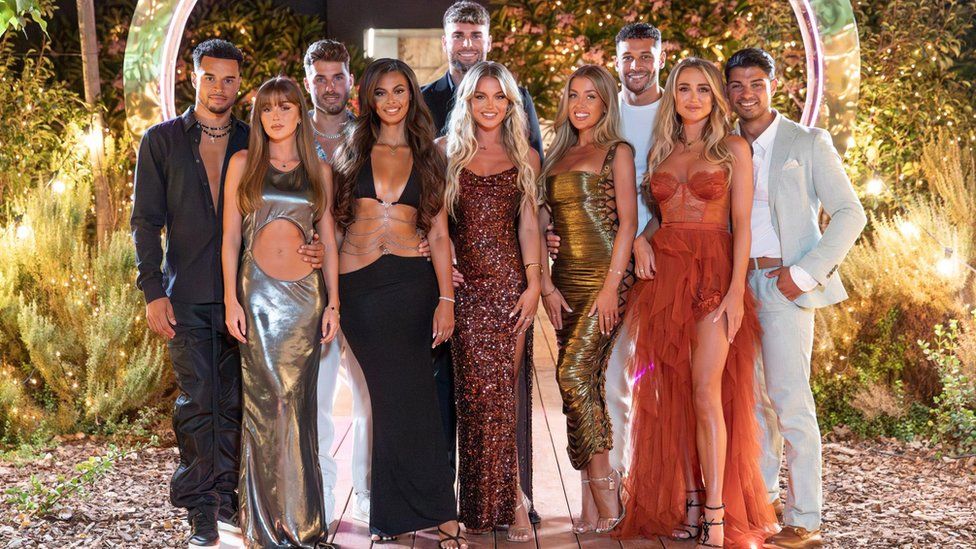When it comes to reality television, sometimes there’s a saturation point – evident in Love Island. The franchise, once a standout, now sprawls with international adaptations, a criticized winter edition, and spin-offs like Love Island Games. Yet, none manage to invigorate the original.
Love Island All-Stars, with its recycled cast, echoes this sentiment. Dubbed a failure, it pales against alternatives; The Traitors’ second series quadrupled its viewership, with its companion show The Traitors: Uncloaked attracting 200,000 more viewers. All Stars’ failure stems from various factors.
Firstly, the return of contestants doesn’t always guarantee excitement. Secondly, the show’s identity crisis blurs lines, resembling Ex on the Beach due to the abundance of past romantic connections among cast members.

However, the most significant critique lies in the disparity between the promised star power and the actual lineup. Notable figures like Ovie Soko, Molly Mae, Maura Higgins, and Olivia Attwood are notably absent.
These fan favorites have flourished beyond the show, with some distancing themselves from the brand entirely. Left in their wake are individuals who either lacked screen time in their original series or haven’t attained the same level of fame.
Apart from the absence of key players, another prominent issue emerges the profound disconnect between this series and reality. Love Island has long captivated UK audiences, extending interest beyond the show’s conclusion into contestants’ lives.
However, Love Island All Stars fails to address significant real-world developments involving its cast.
For example, the alleged off-screen feud between contestants Georgia Steel and Joanna Chimonides, along with Joanna’s coupling with Chris Taylor, who resides with her ex, Michael Griffiths, remains unacknowledged.
Even more striking are the conspicuous omissions, such as Georgia Harrison’s exclusion from the heart rate challenge, likely due to her past experience as a victim of “revenge porn” by her ex, Stephen Bear. Despite her subsequent advocacy work and potential political aspirations, her story remains untold.
Similarly, Demi Jones’ battle with thyroid cancer at a young age garnered attention, yet no discussion on her well-being was aired. It appears these conversations are omitted to preserve Love Island’s light-hearted tone.
The airbrushing of real-life events highlights the program’s reluctance to evolve alongside its cast; while their lives undergo significant changes, the show has remained stagnant since its inception.
For long-time viewers, this creates a disconcerting experience. It’s difficult not to reflect on past contestants like Mike Thalassitis and Sophie Gradon, both of whom tragically died by suicide, or their host Caroline Flack, who also died by suicide.
Despite these impactful events and their profound influence on the cast, the show avoids any mention of them. While Love Island isn’t expected to delve into heavy topics, its steadfast commitment to superficiality feels out of place.
It’s unsurprising to see viewers gravitating towards shows like Big Brother, where authenticity is valued, and no conversation is off-limits.
Love Island persists in its various incarnations but remains resistant to change. Repetitive games like Snog, Marry, and Pie have lost their allure, especially in light of unaddressed issues.
By failing to show a deeper, more nuanced side of contestants, the show misses an opportunity for authenticity.
While its decline has been evident for some time, the lack of evolution in Love Island All Stars plunges it to a new, particularly shallow low.




